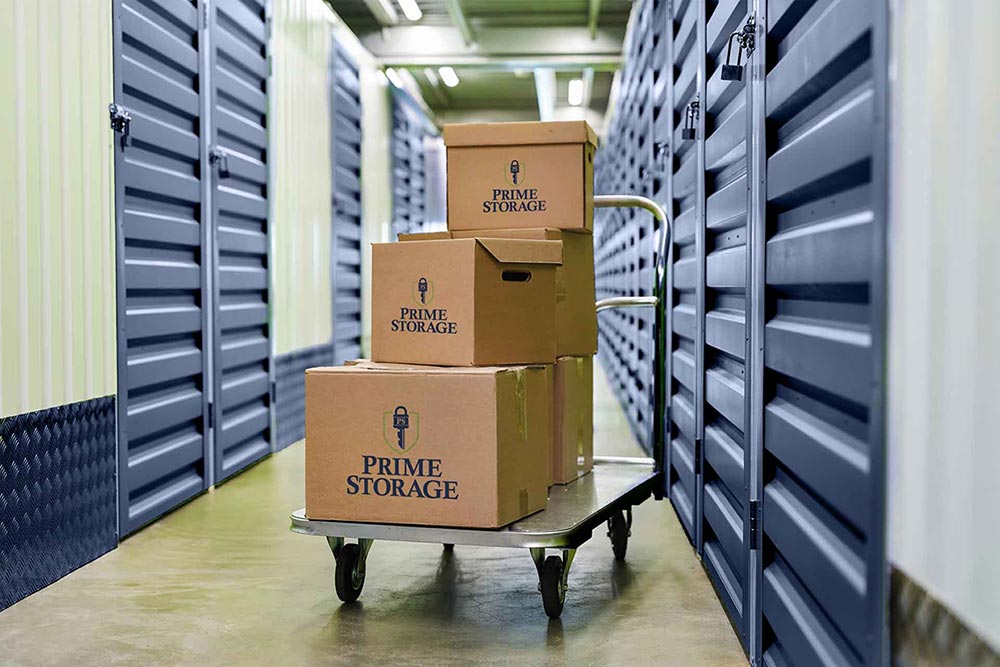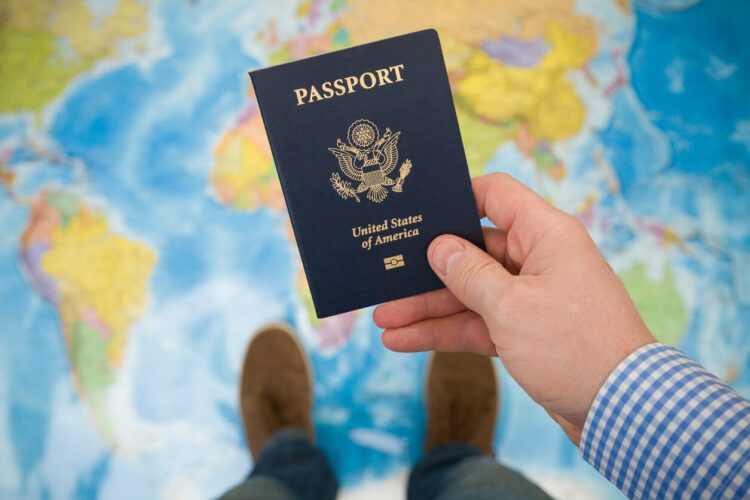
Whether your final college semester ended this year or you’ve taken a job in another city, there comes a time in our lives when we leave the nest. No matter the reason, this is a major life transition. Before making the move from your family’s home, there are a few things you should prepare for, from budgeting to shopping to storage.
Having a Conversation with Your Parents
Goodbyes can be tough, so have an open conversation with your parents. For many parents, it’s hard to see their children leave; parents may have this looming feeling of being a part of the “empty nesters” club. To prepare for this conversation, which may be difficult, make sure you:
- Give your parents a reasonable amount of time before you move out. This will allow them to digest the information and make any preparations to assist you with moving.
- Keep a calm demeanor. This big move is an exciting and emotional time. It is normal to feel a wave of different feelings, including nervous, distressed, and enthusiastic.
- Leverage the experience and knowledge your parents possess. You may have never been through the moving process, but they have! They’re ne of the first places you should go when seeking advice on how to move and what you’ll need. Plus, they can help you scope out the apartments or homes you’re looking to rent or buy!
Sorting Through Your Childhood Belonings
What do you do with those memento items? As much as we want to leave our sentimental items at home to collect dust, you need to decide if they are worth keeping or if you need to store them. Will your new place have enough closet space or a basement for you to house your old toys, games, and sports equipment? Do your parents mind keeping these items at their house when you move out? Consider what you want to keep and where you can keep it.
If you won’t have the necessary square footage in your new home for these items, consider self storage. Small to medium-sized climate controlled units will be great for housing sentimental childhood toys and bedroom furniture. Lockers and drive-up units are an ideal choice for sports equipment, bicycles, and any other outdoor gear.
Planning Your Budget
One of the more stressful aspects of moving out is managing your money. No one enjoys thinking about their spending. Still, it is a necessary evil, so it is best to plan your expenses while maintaining your quality of life. The best strategy is to create a monthly budget for your first year living independently. Your budget should include items such as rent/mortgage, utilities, insurance, cell phone plans, groceries, and weekly expenses. Don’t forget to take into consideration what you’ll be spending on monthly subscriptions, which can add up fast (think streaming services, gym memberships, and subscription boxes, like Ipsy or Stitch Fix). Nerdwallet’s budget calculator divides your take-home income into three categories using the 50/30/20 method: 50% for things you need, 30% for things you want, and another 20% for savings & debt repayment, such as college loans.
Make an Excel spreadsheet to track how much you are spending. Alternatively, download one of the many top-rating budgeting apps so you can manage your expenses from the palm of your hand. Keep an eye on your budget so that you can be conscious of any overspending that may happen.
One thing to keep in mind when you’re first moving: your initial expenses might be higher than what you’ll end up spending each month. When your first move, you may have a handful of one-time expenses: furniture, movers, decorations, etc. The more you manage your budget, the more comfortable you’ll feel with your expenses.

Purchasing Necessities
When moving into your own place, you can no longer rely on mom or dad stocking up on daily necessities. While you may already have kitchen utensils and furniture on your list (or maybe from your dorm days), there could be a few basics you’re missing. Some items you may not want to forget to purchase when making this move include:
- Toiletries & Bathroom Supplies, such as toothpaste, toilet paper, and hand soap
- Linens, including extra bedroom sheets, pillowcases, and bath & hand towels
- Cleaning Supplies. Parents seem to always be on top of having these items and it’s easy to forget you’ll need your own set! Some items to put on the shopping list are a broom, vacuum, mop, floor and counter cleaners, toilet bowl cleaner, and duster. Also, make sure the cleaning supplies you purchase are a fit for the surfaces in your home. If you have hardwood and granite, make sure your cleaners are safe for those types of materials.
- Kitchen “Forget-Me-Nots”: A few items to stock your new kitchen with include basic condiments, basic ingredients (flour, sugar, oils), and ways to pack and seal up your food (plastic wrap, Pyrex containers, Ziplock bags, aluminum foil).
Moving is exciting and this new change is one that should be embraced. While these are just four ways to make this process a bit more efficient, you should also take into consideration furniture shopping, the need for a roommate, and if you need to hire a professional mover. If at any time you find your Life Demands Space® and your new place isn’t cutting it, consult the self storage professionals at Prime Storage. They can assist you in finding the perfect storage unit to use as an extension of your new home.






